AeroGenie — Seu Copiloto Inteligente.
Tendências
Categories
Eight Nations Unite at ICSAR 2025 in Dublin to Address Aviation’s Climate Challenges
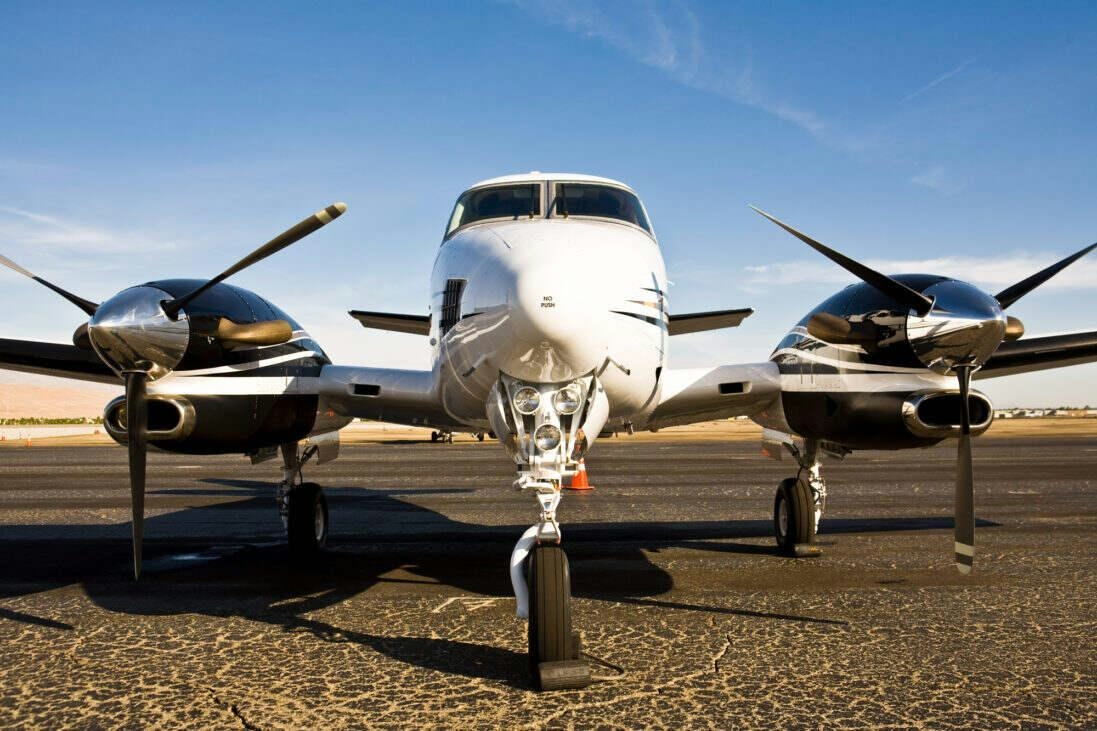
Eight Nations Unite at ICSAR 2025 in Dublin to Address Aviation’s Climate Challenges
From July 9 to 11, 2025, Dublin will serve as the international epicenter for aviation sustainability by hosting the International Conference on Sustainable Aviation Research (ICSAR 2025). This significant gathering convenes leaders from academia, government, and industry across eight nations—including Germany, France, Canada, Brazil, South Africa, Australia, the United Arab Emirates, and the United States—alongside representatives from numerous other countries. Their collective mission is to confront the pressing challenge of decarbonizing the aviation sector.
ICSAR 2025 arrives at a critical juncture for the industry. As efforts to achieve net-zero carbon emissions intensify, aviation faces both remarkable opportunities and formidable obstacles. The rapid advancement of sustainable aviation fuel (SAF) technologies, green airport infrastructure, and electric propulsion systems has fostered a dynamic yet fragmented innovation environment. The conference seeks to bridge these divides by providing a multidisciplinary platform that encourages collaboration and the exchange of knowledge.
A Comprehensive and Inclusive Approach to Sustainable Aviation
What sets ICSAR 2025 apart is its dedication to inclusivity and systems-level thinking. Unlike forums that concentrate narrowly on corporate strategies or isolated technical breakthroughs, ICSAR promotes dialogue encompassing the entire lifecycle of sustainable aviation. Discussions will span feedstock sourcing, biochemical conversion processes, lifecycle analysis, regulatory frameworks, and deployment logistics. The conference also emphasizes nurturing the next generation of talent, featuring dedicated sessions where students and early-career professionals can present peer-reviewed research and engage directly with global leaders.
The agenda covers a wide array of topics critical to the future of flight. These include advanced materials designed to improve aircraft fuel efficiency, electrochemical and biochemical methods for SAF conversion, hydrogen propulsion systems, and the design of green airport infrastructure. Attendees will also examine the non-CO₂ warming effects of aviation emissions and their impacts on community health. Furthermore, the conference will address techno-economic analyses, business model innovation, sustainable policy frameworks, and supply chain logistics. This comprehensive scope ensures that ICSAR 2025 tackles not only technological progress but also the economic, social, and regulatory dimensions of aviation’s sustainable transformation. Discussions will extend to passenger experience, environmental equity, and regional economic development.
Navigating Industry Challenges and Global Dynamics
Despite the momentum behind sustainable aviation, ICSAR 2025 acknowledges significant challenges ahead. Realizing meaningful progress demands substantial investment in emerging technologies and infrastructure, while some traditional stakeholders within the aviation sector may resist rapid change. Market responses are expected to be mixed; certain investors are enthusiastic about green initiatives, whereas others remain cautious regarding their economic feasibility. Similarly, competitor reactions will vary, with some airlines and airports embracing collaboration and others adopting a more guarded stance.
Recent incidents, such as the radar malfunction at Milan’s ENAV air traffic control hub, have highlighted vulnerabilities within current aviation systems. This event has intensified calls for reform in air traffic control and is anticipated to influence discussions at ICSAR, underscoring the urgent need for resilient and sustainable infrastructure.
The conference will feature keynote addresses from globally recognized experts, including Professor David Chiaramonti, a pioneer in sustainable biofuels research; Dr. Jinxia Fu, a leading authority on hydrogen energy systems; and Dr. Bastian Rauch, an expert in combustion and propulsion technologies. As the aviation industry stands at a crossroads, ICSAR 2025 in Dublin is poised to serve as a catalyst for innovation, collaboration, and decisive action toward securing a sustainable future for global flight.
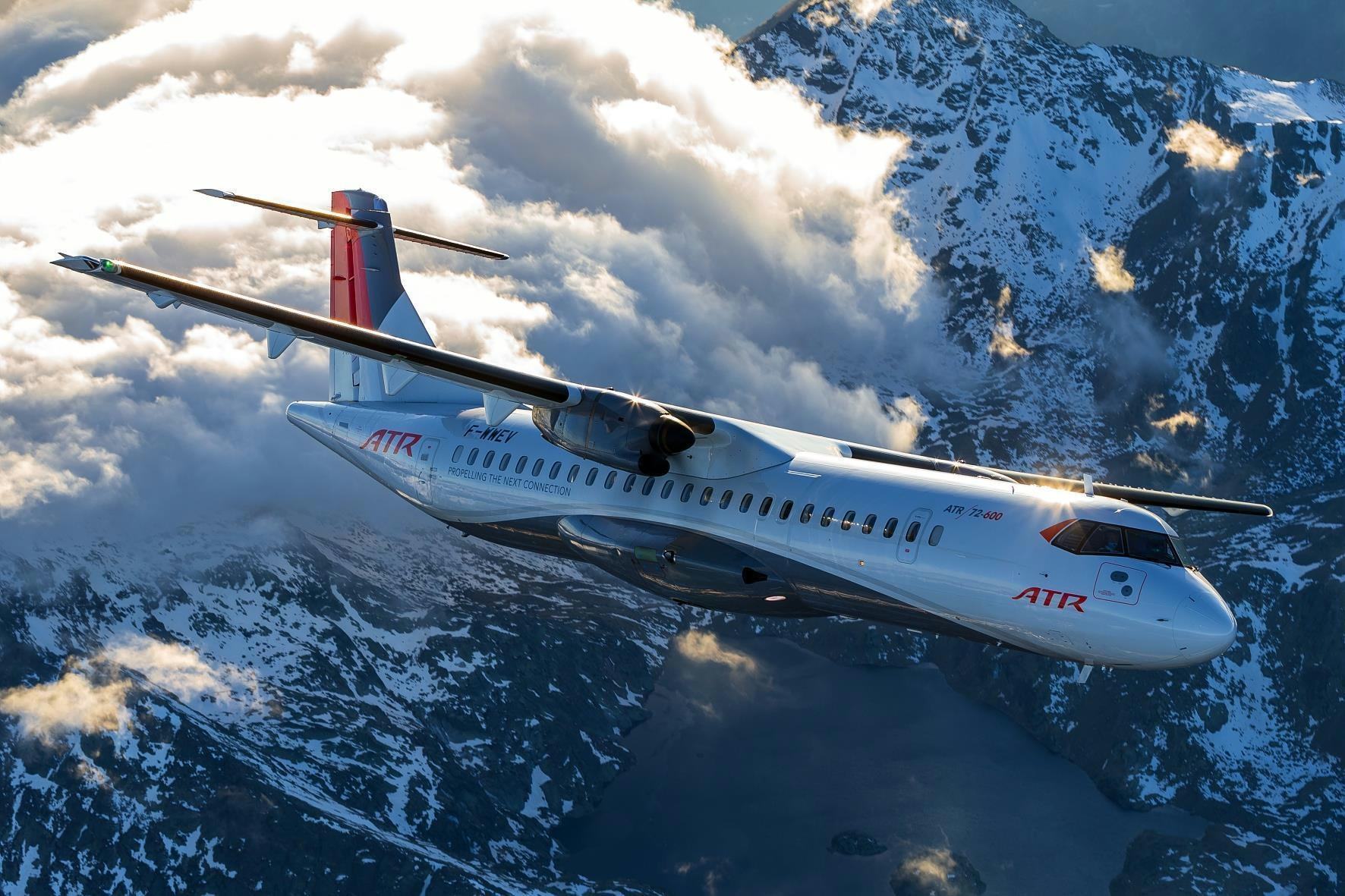
ATR Airlines Misses Targets Amid Aircraft Delivery Delays
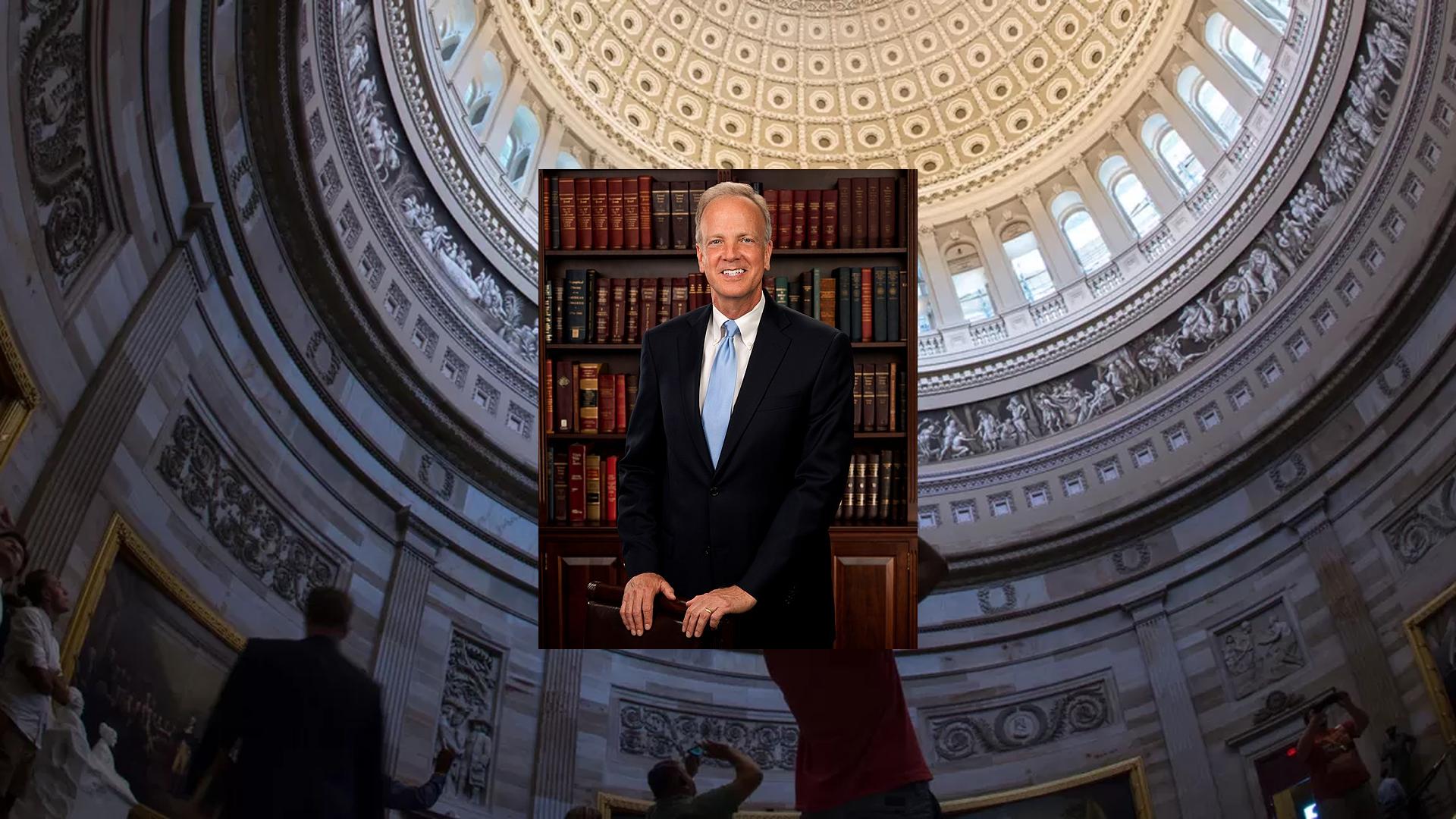
Sen. Jerry Moran Proposes Bipartisan Bill to Improve FAA Certification for Advanced Air Mobility
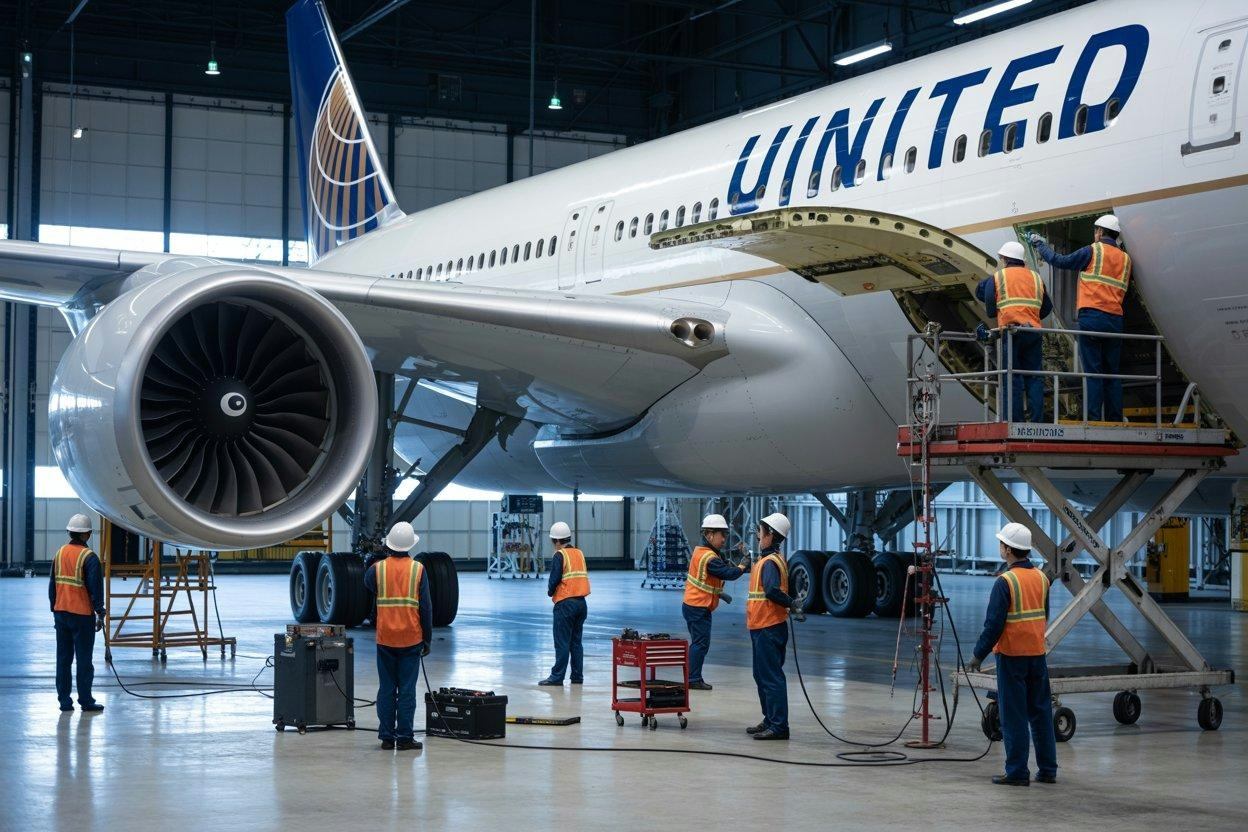
US Audit Identifies FAA Oversight Gaps at United Maintenance

The Impact of Agentic AI on Airport Operations
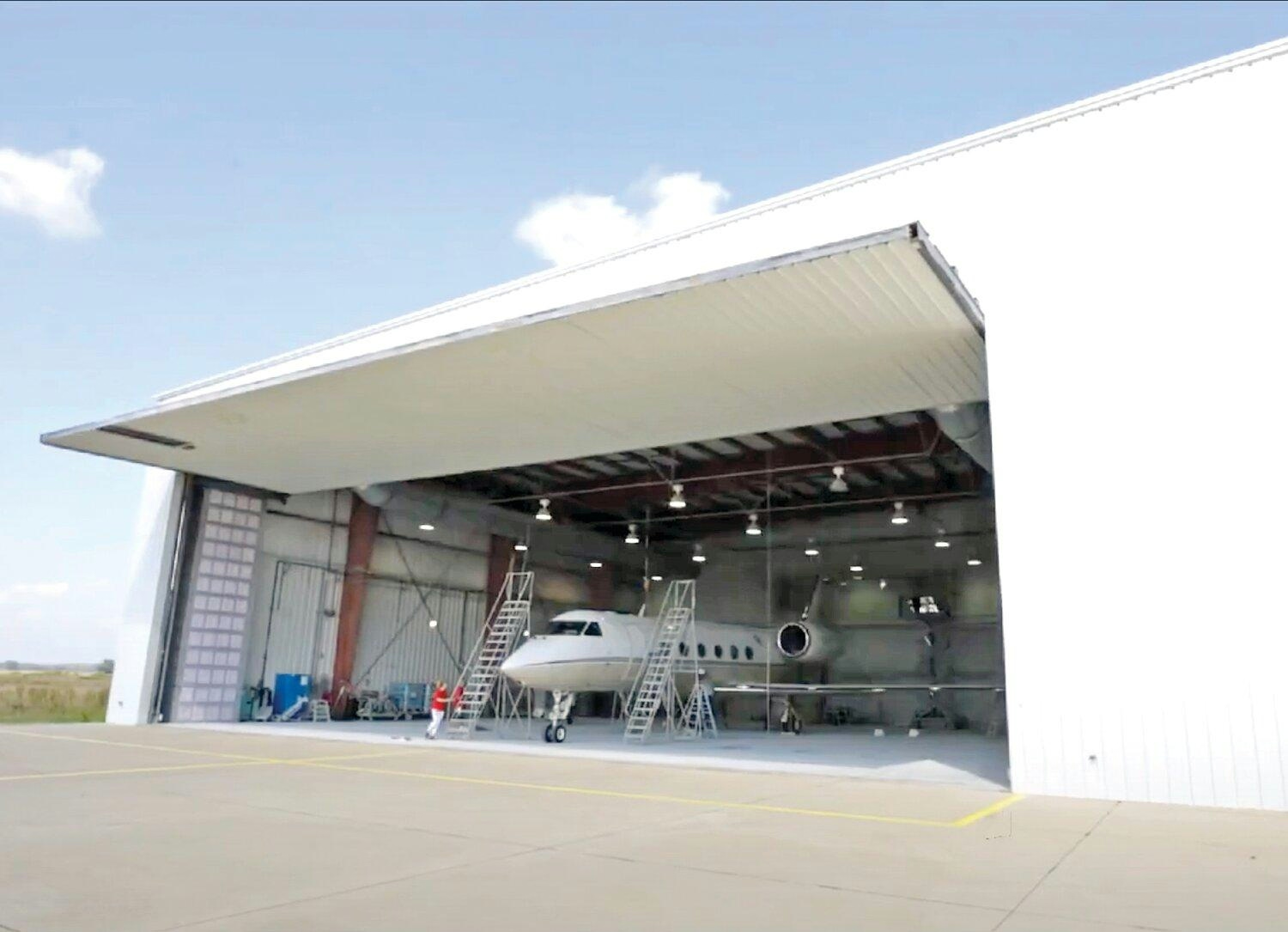
West Star Aviation Announces Expansion in Chattanooga
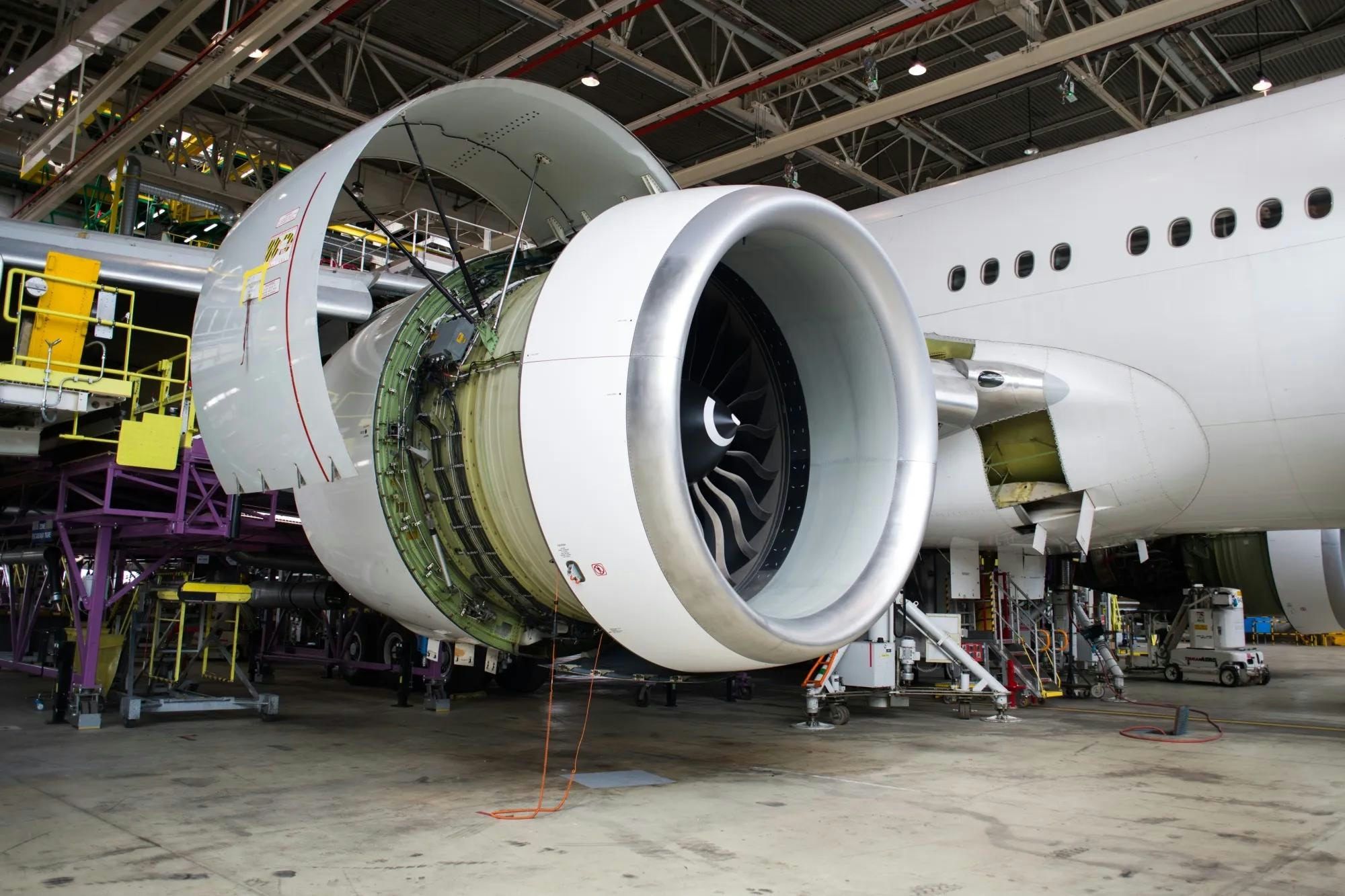
Signs Point to Easing of Aerospace M&A Backlog by 2026

Airlines Accelerate Digital Transformation in Travel

Aviation Design Software Market Projected to Reach $2.8 Billion
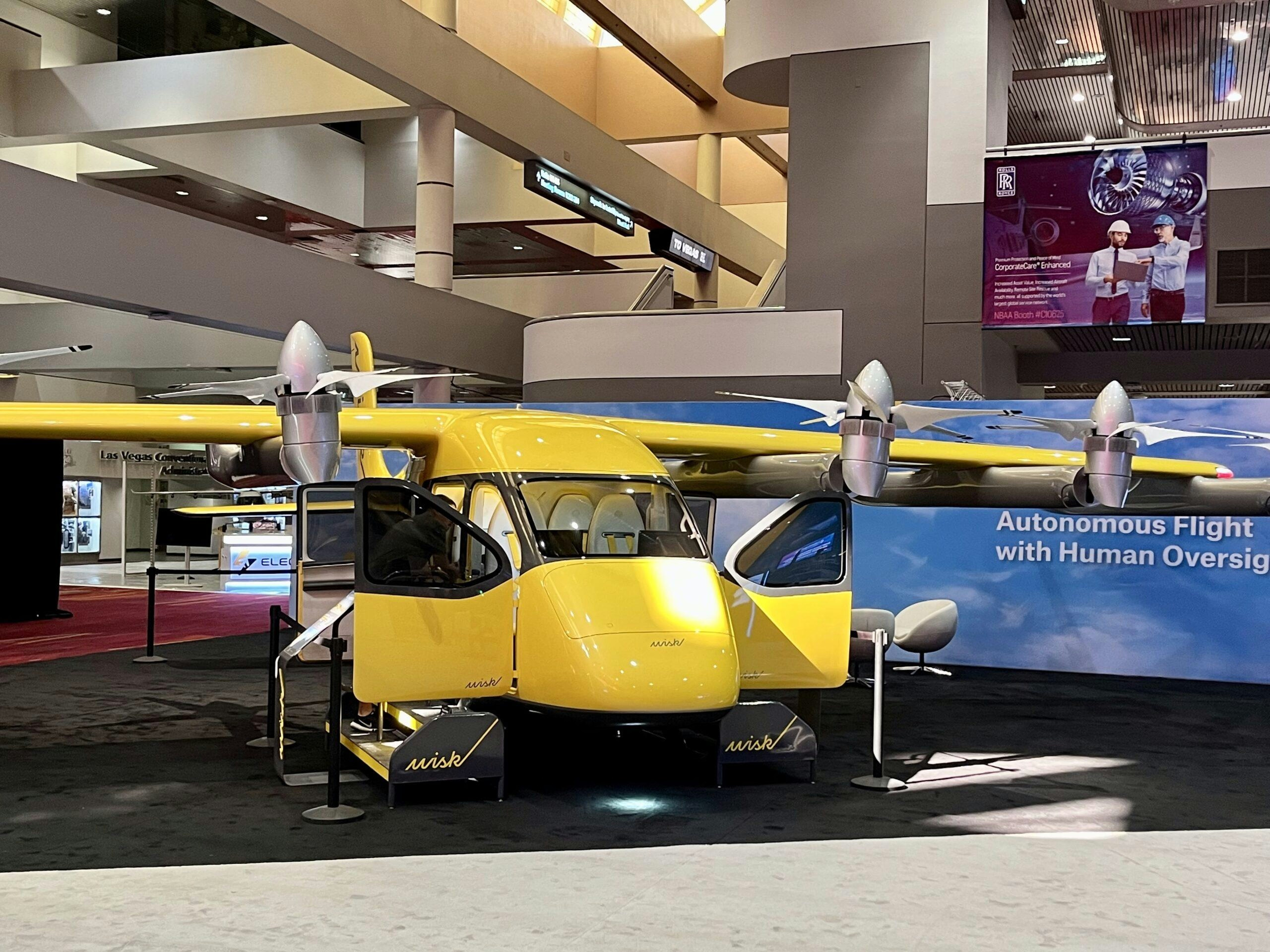
The Future of Aviation in Africa Amid Digital Transformation
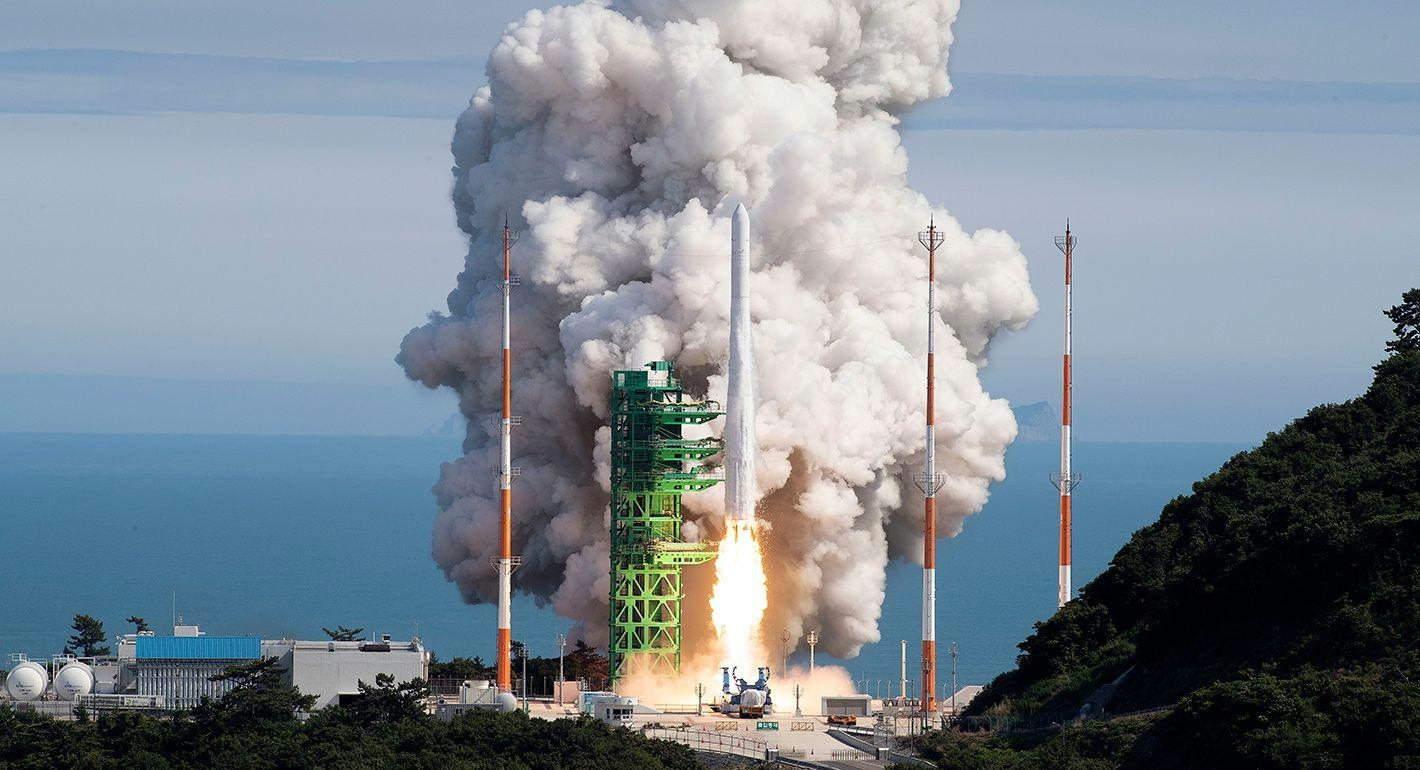
Gyeongnam Province Unveils Mid- to Long-Term Aerospace Industry Roadmap
